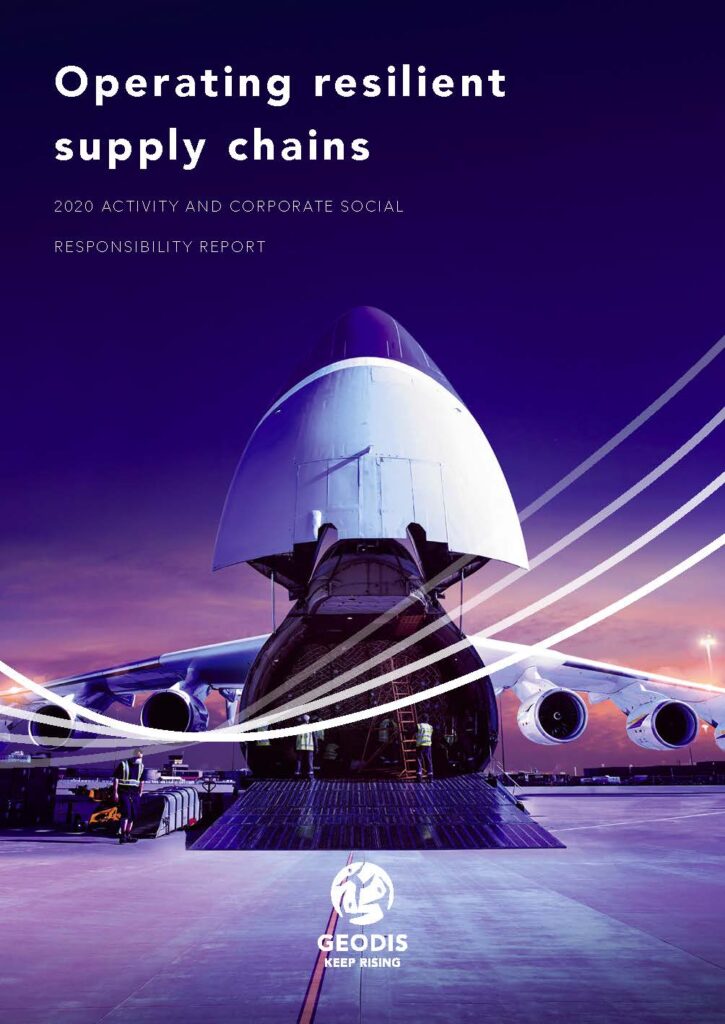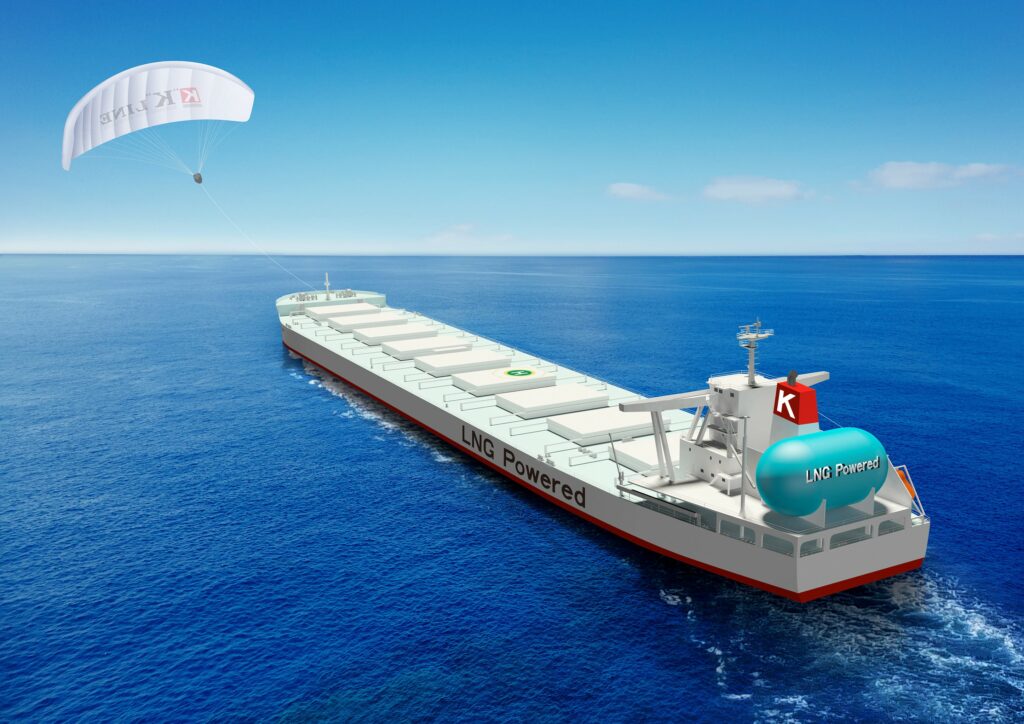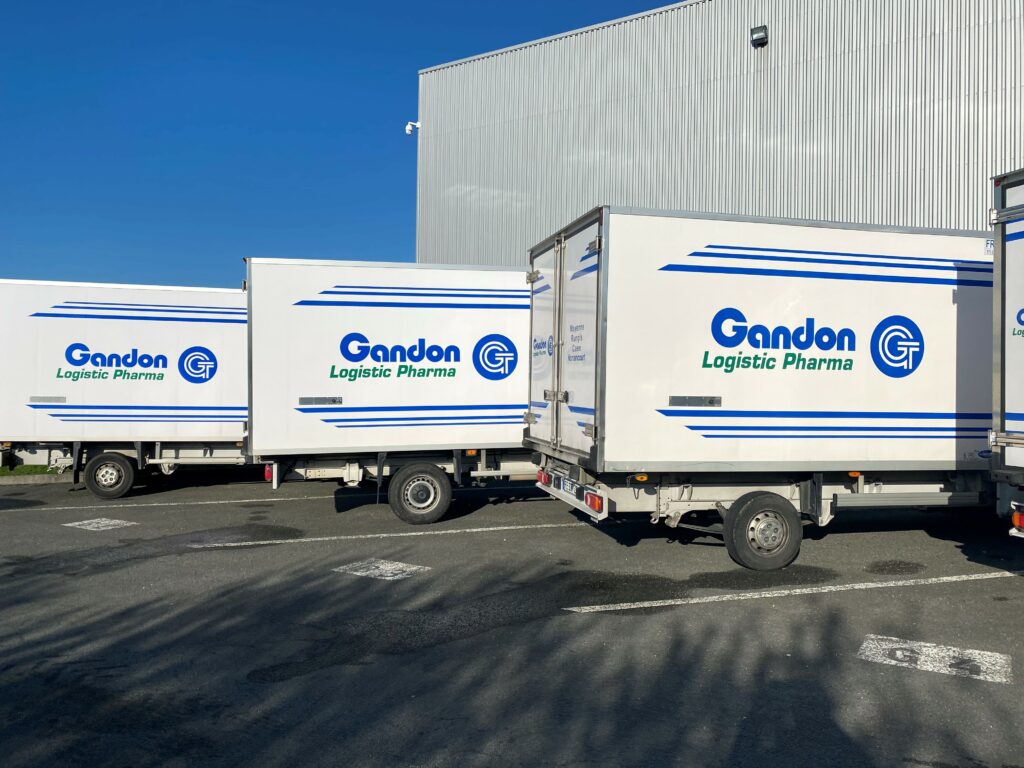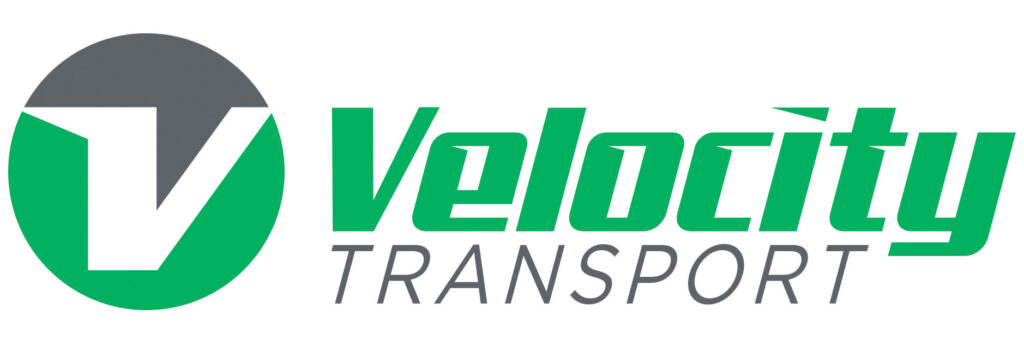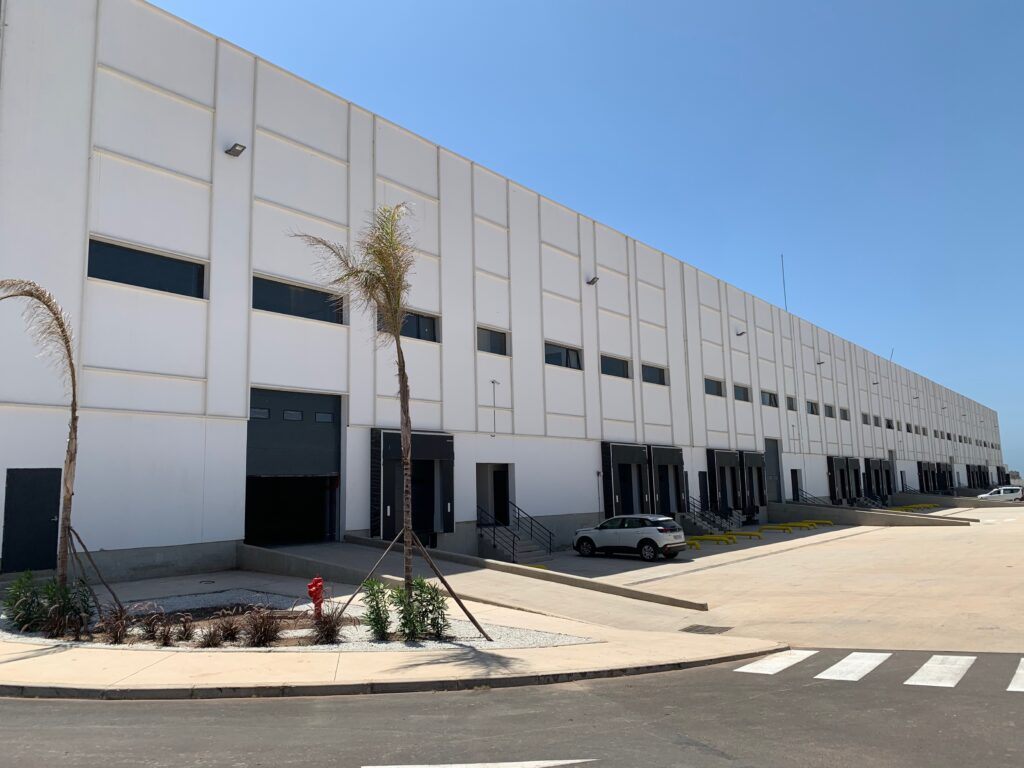JOINT MEDIA STATEMENT
On behalf of Container Owners Association, Global Shippers Forum, ICHCA International, TT Club, World Shipping Council
The international freight transport organisations of the Cargo Integrity Group are calling for urgent action from actors in global supply chains to reduce the risk of pest transference through international cargo movements.
The five partners[i] in the Cargo Integrity Group, known as CIG, recognise the vital importance of focusing on the threat of invasive pests to natural resources across the world, and of the urgency in crafting risk reduction measures that address the situation.
This call to action[ii] follows the intentions by pest control experts under the auspices of the International Plant Protection Convention (IPPC)[iii], to take all-encompassing, internationally imposed steps to mitigate such risks. One measure under serious consideration is the mandatory certification of cleanliness for all containers prior to loading on board a ship, a measure that would have significant impact on global trade when it comes to both time and cost.
Lars Kjaer, Senior Vice President of the World Shipping Council (WSC), explains the CIG partners concerns around these very broad proposals: “We know that more serious risks occur among certain types of goods and from identified regions. The CIG recommendation centres on the need to provide proper risk assessments in defined trades and focus mandatory measures on these high-risk areas and cargoes.”
The partners in CIG are committed to ensuring that international trade is conducted in a safe, secure, and environmentally sustainable manner. They rigorously promote the use of the ‘Code of Practice for the Packing of Cargo Transport Units’ published by the IMO, the UNECE and the ILO (the CTU Code).
The serious issue of the transfer of invasive pests between different natural ecosystems is very much a part of this commitment. It is also crucial that the development of any such controls is undertaken in full consultation with other appropriate bodies, in particular the international agencies responsible for the governance of world trade and for the regulation of different modes of transport, as well as supply chain stakeholders and industry practitioners.
“There are identified risk areas and cargoes which must be addressed, and the CIG partners look forward to contributing essential industry expertise to the work of the IPPC to ensure an effective and efficient set of recommendations and best practices to stop the transfer of invasive species,” concludes James Hookham, Secretary General of Global Shippers Forum.
ENDS
NOTES FOR EDITORS
[i] The five organisations co-operating in the Cargo integrity Group are:
Container Owners Association (COA)
Global Shippers Forum (GSF)
International Cargo Handling Co-ordination Association (ICHCA International)
TT Club
World Shipping Council (WSC)
[ii] The full CIG submission to the IPPC can be accessed here: https://www.worldshipping.org/statements/the-cargo-integrity-group-issue-statement-on-the-avoidance-of-pest-contamination
[iii] The IPPC is an international convention, signed by over 180 countries and governed by the Commission on Phytosanitary Measures, part of the UN’s Food and Agriculture Organisation (FAO). Agreed amendments to the convention are enforceable by all national governments which are signatories.
About TT Club
TT Club is the established market-leading independent provider of mutual insurance and related risk management services to the international transport and logistics industry, with a mission to make the industry safer and more secure. Founded in 1968, the Club has more than 1100 Members, spanning container owners and operators, ports and terminals, and logistics companies, working across maritime, road, rail, and air. TT Club is renowned for its high-quality service, in-depth industry knowledge and enduring Member loyalty. It retains more than 93% of its Members with a third of its entire membership having chosen to insure with the Club for 20 years or more.
https://www.ttclub.com/







